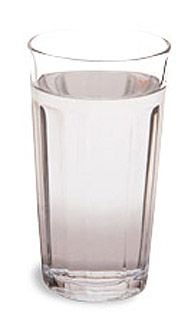 For decades, fluoride has been held in high regard by the dental community as an important mineral that is absorbed into and strengthens tooth enamel, thereby helping to prevent decay of tooth structures.
For decades, fluoride has been held in high regard by the dental community as an important mineral that is absorbed into and strengthens tooth enamel, thereby helping to prevent decay of tooth structures.
In nearly every U.S. community, public drinking supplies are supplemented with sodium fluoride because the practice is acknowledged as safe and effective in fighting cavities.
Some private wells may contain naturally fluoridated water.
What Is Fluoride?
Fluoride is a compound of the element fluorine, which can found throughout nature in water, soil, air and food. By adding fluoride into our drinking water, it can be absorbed easily into tooth enamel, especially in children’s growing teeth, which helps to reduce tooth decay.
Why Is Fluoride Important To Teeth?
Fluoride is absorbed into structures, such as bones and teeth, making them stronger and more resistant to fractures and decay. A process in your body called "remineralization" uses fluoride to repair damage caused by decay.
How Do I Get Fluoride?
Just drinking public water will provide a certain measure of fluoride protection. But for years, health professionals have endorsed the practice of supplementing our intake with certain dietary products, and topical fluorides in many toothpastes and some kinds of rinses. Certain beverages such as tea and soda may also contain fluoride. Certain kinds of dental varnishes and gels may also be applied directly to teeth to boost fluoride intake.
Fluoride Safety
It is generally NOT safe to swallow toothpastes, rinses, or other products containing topical fluoride. In rare cases, some people may be overexposed to high concentrations of fluoride, resulting in a relatively harmless condition called fluorosis, which leaves dark enamel stains on teeth.
